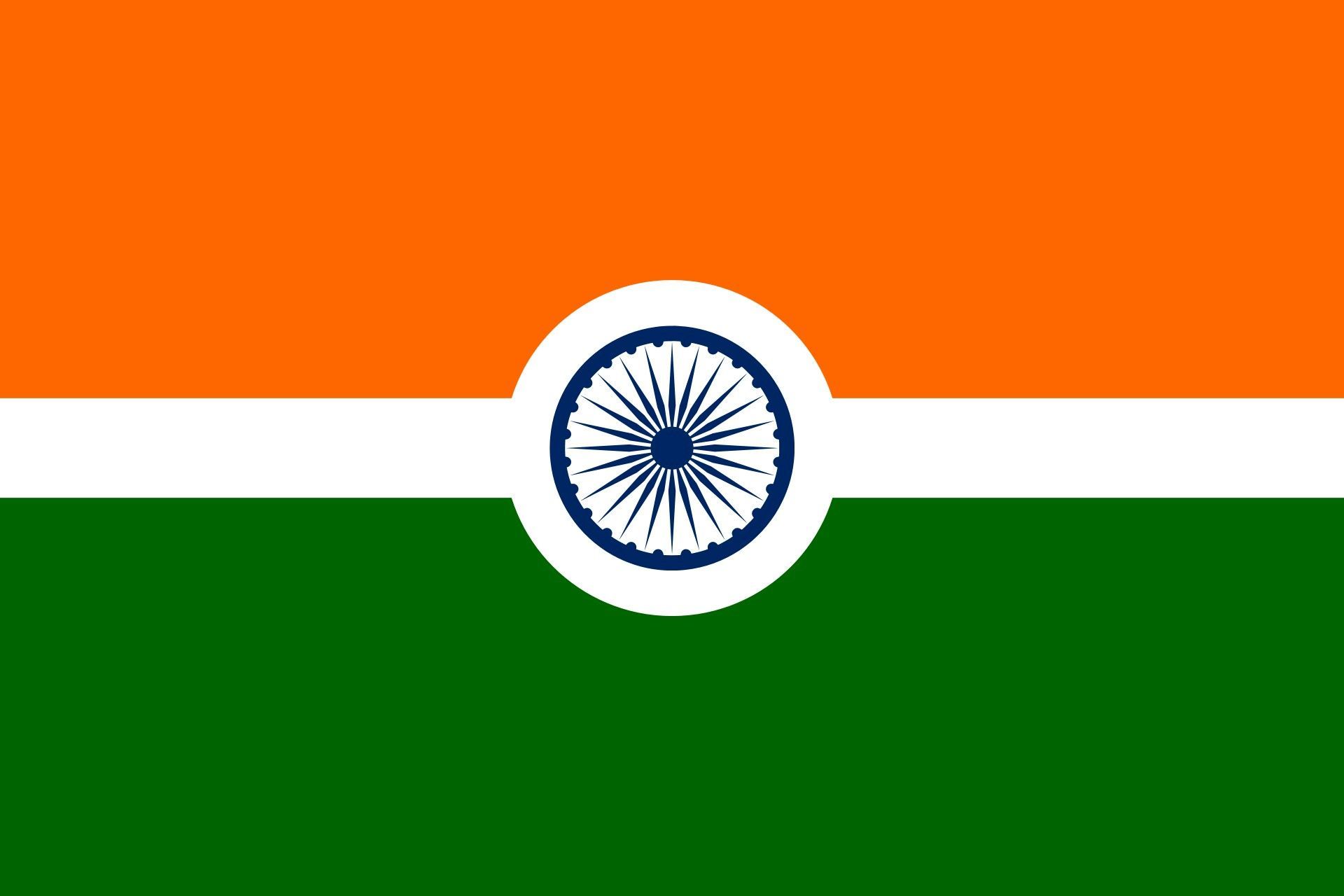VPS in India
When choosing a Virtual Private Server (VPS) hosting provider in India, it's essential to consider several factors to ensure you select the right service that meets your needs. Here are the key considerations:
1. Server Location:
Check the physical location of the data center where your VPS will be hosted. Choosing a server located in India can result in lower latency and faster website loading times for your Indian audience.
2. Performance and Resources:
Assess your resource requirements, including CPU, RAM, and storage space. Ensure that the VPS hosting plan you choose offers sufficient resources to support your website or applications without slowdowns.
3. Scalability:
Consider whether the hosting provider offers scalability options. As your website or business grows, you may need to upgrade your VPS to accommodate increased traffic and resource demands.
4. Operating System:
Determine whether you require a specific operating system (e.g., Linux or Windows). Make sure the hosting provider offers the OS you need and supports the applications you plan to run.
5. Management Level:
Decide whether you want a managed or unmanaged VPS. Managed VPS hosting includes server management, security, and technical support, while unmanaged VPS hosting requires you to handle server administration tasks.
6. Control Panel:
Check if the hosting provider offers a control panel (e.g., cPanel, Plesk) for easier server management and website administration.
7. Security Features:
Evaluate the security measures provided, including firewalls, DDoS protection, SSL certificates, and regular backups. Ensure that your hosting environment is secure.
8. Uptime and Reliability:
Look for hosting providers that offer high uptime guarantees (e.g., 99.9% uptime). A reliable hosting provider minimizes downtime and ensures your website is accessible to users.
9. Support and Response Times:
Assess the quality of customer support. Choose a hosting provider with responsive customer support that can assist you with technical issues and inquiries promptly.
10. Data Backup and Disaster Recovery:
Inquire about data backup and disaster recovery options. Regular backups and data redundancy can protect your data in case of unexpected events.
11. Pricing Structure:
Examine the cost and pricing structure thoroughly. Take into account setup fees, renewal costs, and any additional charges for exceeding resource limits when comparing hosting plans.
12. Reputation and Customer Feedback:
Investigate the hosting provider's reputation by reading customer reviews and seeking recommendations from other users. This will provide insights into the experiences of their clients.
13. Data Privacy and Compliance:
Ensure that the hosting provider adheres to data privacy regulations and offers secure data handling options, especially if your website deals with sensitive customer information.
14. Compatibility with Specific Applications:
Confirm that the hosting provider supports the specific software or technologies your website or application relies on. Compatibility is crucial for seamless operation.
15. Money-Back Guarantee:
Check if the hosting provider offers a money-back guarantee. This provides a safety net in case you are not satisfied with the service and want a refund.
16. Migration Support:
Inquire whether the hosting provider offers assistance or tools for migrating your existing website or application to their hosting environment. Smooth migration can save time and effort.

VPS in India FAQ
What is VPS Hosting in India?
VPS hosting in India is a web hosting service that provides a virtualized server environment with dedicated resources for websites and applications. It is hosted in data centers located in India, offering lower latency for Indian users.
Why Choose VPS Hosting in India?
VPS hosting in India can offer lower latency, faster website loading times for Indian visitors, and compliance with local data privacy regulations. It's an ideal choice for websites targeting the Indian audience.
What Are the Benefits of VPS Hosting in India?
- Lower latency for Indian users
- Compliance with Indian data privacy laws
- Faster website performance
- Customization and control over server configurations
- Scalability to accommodate growing traffic
- Enhanced security features
How Does VPS Hosting Work in India?
VPS hosting in India works by virtualizing a physical server into multiple isolated virtual servers. Each VPS has its dedicated resources, including CPU, RAM, and storage, and is hosted in data centers within India.
What Are the Key Features of VPS Hosting in India?
- Dedicated resources
- Choice of operating systems (Linux or Windows)
- Scalability options
- Control panel for server management
- Security measures (firewalls, DDoS protection)
- Uptime guarantees
- Local customer support
Is VPS Hosting Suitable for E-commerce Websites in India?
Yes, VPS hosting in India is suitable for e-commerce websites targeting the Indian market. It provides the necessary performance, security, and compliance with local regulations for online stores.
Can I Host Multiple Websites on a VPS in India?
Yes, you can host multiple websites or applications on a single VPS in India, depending on the allocated resources and server configuration.
How Do I Choose the Right VPS Hosting Provider in India?
To select the right VPS hosting provider in India, consider factors like server location, performance, scalability, customer support, pricing, data privacy compliance, and reviews from other users.
What Is the Cost of VPS Hosting in India?
The cost of VPS hosting in India varies depending on the hosting provider, the resources allocated, and the level of management (managed or unmanaged). Plans typically range from affordable to premium pricing.
Can I Upgrade My VPS Hosting Plan in India?
Yes, most hosting providers in India offer scalability options, allowing you to upgrade your VPS hosting plan as your website or application grows.
Is VPS Hosting in India Environmentally Friendly?
VPS hosting can be more environmentally friendly than dedicated servers because it allows for efficient resource allocation and reduced energy consumption.
How Do I Migrate My Website to VPS Hosting in India?
Most hosting providers offer migration assistance or tools to help you transfer your existing website or application to their VPS hosting environment in India. Contact your chosen provider for guidance.
These revised FAQs should provide you with the information you need about VPS hosting in India without the need for question numbers.